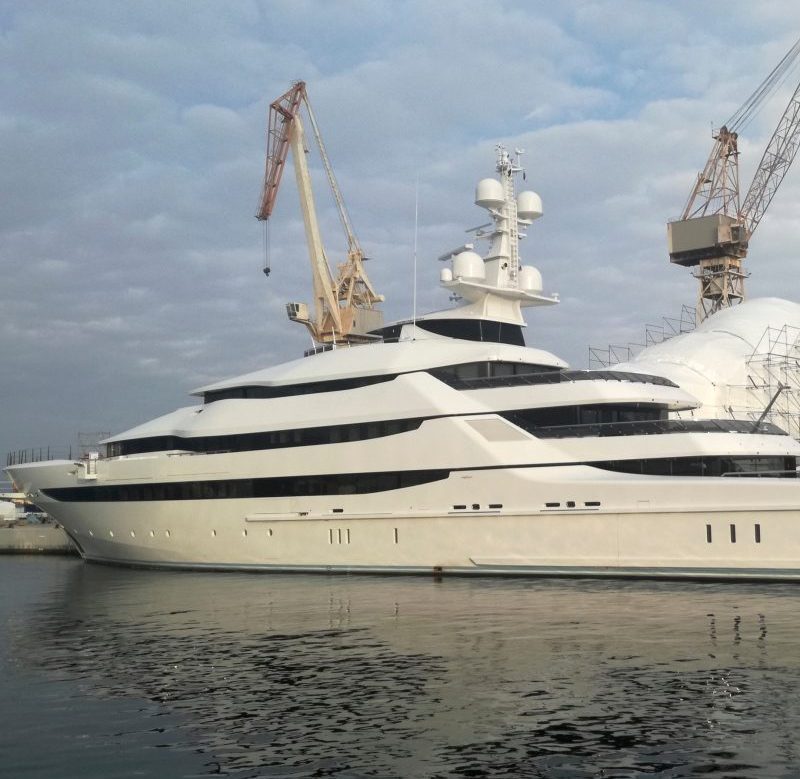
Senate backs plan to use money from seized Russian assets to aid Ukraine
The Senate unanimously backed a plan to use certain confiscated Russian assets to aid Ukraine in its war with Russia.
The United States and other countries targeted Russia and its oligarchs with a host of diplomatic and economic sanctions as punishment after it invaded its neighboring country in February. But U.S. law limited how money from those assets could be used, according to lawmakers.
The amendment, passed by a voice vote, is attached to the $1.7 trillion omnibus spending bill that passed the Senate 68-29 on Thursday. The House is expected to pass the spending package, which will include the amendment, ahead of a Friday deadline to keep the government funded.
President Biden supported using proceeds from seized Russian assets to help Ukraine and is expected to sign the spending package into law.
The Senate’s action comes one day after Biden, joined by Ukrainian President Volodymyr Zelensky at the White House, announced a new $1.85 billion security assistance package for Ukraine.
Sen. Lindsey O. Graham (R-S.C.) co-sponsored the amendment with Sen. Sheldon Whitehouse (D-R.I.) and said in a statement that he expects it to bring billions of dollars to Ukraine. Graham added, “Our amendment also takes pressure off the American taxpayer.”
Rep Tom Malinowski (D-N.J.), who sponsored the effort in the House, said it makes sense to use assets from friends of Russian President Vladimir Putin to rebuild Ukraine.
“It’s what common sense and justice demands — making Putin’s enablers pay to help rebuild the country he’s destroying,” Malinowski told The Post. “I hope the law encourages the Justice Department to redouble its kleptocrat asset seizure efforts, and our European allies to follow suit.”
Sen. Michael F. Bennet (D-Colo.) said in a statement Thursday that the Senate is “sending the message to Putin and his band of thugs that America stands with Ukraine.”
A March tweet from Sen. Rob Portman (R-Ohio), who co-sponsored legislation with Bennet on this issue, said “we should be seizing, not just freezing, Russian assets and using those funds to support humanitarian efforts for the Ukrainian people.”
Zelensky addressed a joint meeting of Congress on Wednesday night, as Ukraine approaches the first anniversary of Russia’s invasion and faces uncertainty over how much more money the United States will provide. House Minority Leader Kevin McCarthy (R-Calif.), whose party takes control of the House in January, has said he opposes giving Ukraine a “blank check” to fight Russia.
America and its European allies moved quickly to levy sanctions and enforce them soon after the invasion.
In March, French officials announced that they seized a $120 million yacht that belonged to Russian oligarch Igor Sechin, CEO of oil giant Rosneft. That month, the United States provided international allies a list of 50 Russian oligarchs whose assets were stashed abroad.
The $300 million yacht that belongs to another Russian oligarch, Suleyman Kerimov, was seized in May by the Fiji government on behalf of the U.S. government.
In a statement at the time, Attorney General Merrick Garland said, “there is no hiding place for the assets of criminals who enable the Russian regime.”
Ellen Nakashima contributed to this report.
